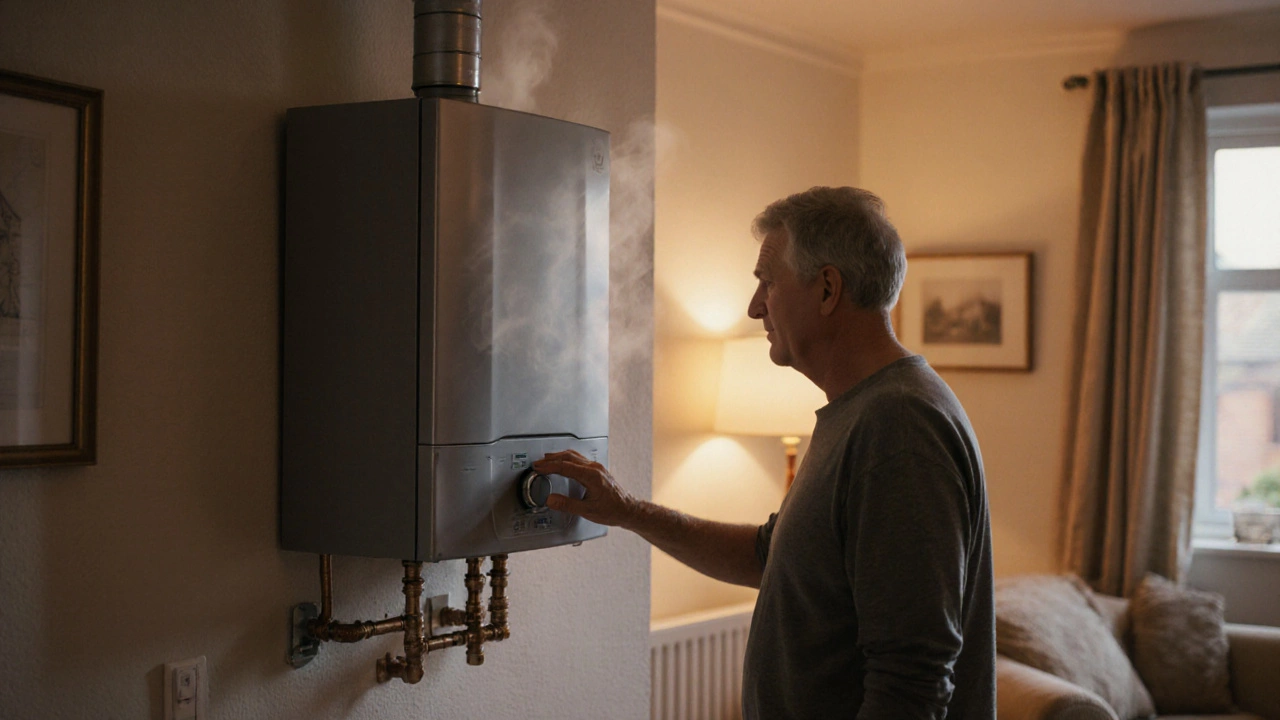When talking about Boiler Replacement, the process of removing an old heating boiler and installing a new, efficient unit. Also known as boiler upgrade, it directly affects your home’s comfort and energy bill. Most homeowners wonder how long a boiler should last before it needs a swap. That’s where Boiler Lifespan, the typical years a domestic boiler can operate before performance drops comes in. If your system is constantly breaking down, you’re probably looking at a replace boiler decision rather than endless repairs. In many cases, a quick Boiler Repair, fixing specific faults like a faulty pump or thermostat can buy you a few more years, but once efficiency plummets or safety flags appear, replacement becomes the smarter move.
First, evaluate the age of your current unit against the average Boiler Lifespan—most modern boilers give you 10‑15 years of reliable heat. Next, check the frequency of breakdowns; if you’re calling a tech every few months, the repair‑versus‑replace math tips toward a new model. You’ll also want to locate the Heating System, the network of radiators, pipes, and controls that distributes heat throughout your home. Compatibility matters: a high‑efficiency condensing boiler may need updated pipework or a different venting setup. Costs can vary—DIY swaps are rare because handling gas, water, and electricity safely requires certification. A professional will assess the existing installation, suggest the right size boiler, and give you a clear timeline, usually 1‑3 days for a straightforward fit. Energy‑saving benefits are real; newer models can cut fuel use by up to 30%, lowering bills and carbon footprint.
Safety is the final driver for Boiler Replacement. Leaking pressure vessels, cracked heat exchangers, or corroded parts pose serious risks—not just to your heating performance but to your family’s wellbeing. A thorough Safety Inspection, an assessment that checks for gas leaks, carbon monoxide, and structural integrity should happen before any new unit is installed. This inspection often reveals hidden issues that make replacement inevitable. Once a new boiler is in place, regular maintenance—annual servicing, checking the anode rod, cleaning the burner—keeps it running at peak efficiency and delays the next replacement cycle. Below you’ll find a curated set of articles that walk through everything from spotting a failing boiler to budgeting for a full swap, so you can make an informed decision without the guesswork.
Posted by
Orin Trask
0 Comments

Decide if fixing your boiler makes financial sense. Learn cost thresholds, efficiency factors, maintenance tips, and a repair vs replace comparison to choose wisely.
read more